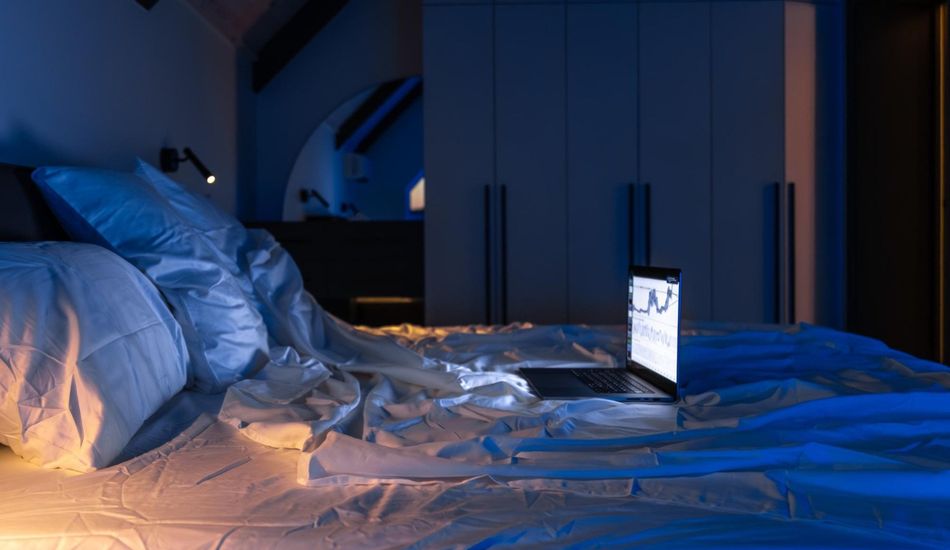
Night Light Exposure Linked to Higher Risk of Heart Disease
So, I've always suspected my friend's obsession with total darkness for sleep was a bit much. Turns out, there might be something to it! A new study is pointing to a link between nighttime light exposure and some serious heart problems.
The research, which is slated to be presented at a conference, suggests that all that artificial light we're exposed to at night – think streetlights, glowing screens, even that little LED on your TV – could be messing with our health.
Basically, researchers found that people who lived in areas with more artificial light at night had higher levels of brain stress, more inflammation in their blood vessels, and a greater risk of developing heart disease. It's not just about heart attacks and strokes, but a whole range of potential heart issues. I mean, it makes sense, right? Our bodies evolved to function with the rising and setting of the sun, not constant illumination.
Shady Abohashem, who led the study, mentioned that environmental factors like air and noise pollution are already known to impact heart health. However, how light pollution affects the heart is not known.
The study looked at data from hundreds of adults who had undergone brain and artery scans. The researchers then compared this data with information about the amount of artificial light each participant was exposed to at home.
And wouldn't you know it, there was a clear correlation: more light at night, more heart problems. The study even took into account other stress factors, such as traffic noise and income level, but the link between light and heart health remained. According to Abohashem, there was a nearly linear relationship between nighttime light and heart disease.
It seems that when our brains perceive stress (from, say, being bathed in artificial light all night), they fire off signals that can trigger an immune response and cause inflammation in our blood vessels. Over time, this can lead to hardening of the arteries and increase the risk of heart attacks and strokes.
So, What Can We Do?
Well, the researchers suggest a couple of things. Cities could think about reducing unnecessary external lighting. For us individuals, it's all about minimizing indoor nighttime light before bed. That means ditching the phone and avoiding late-night TV binges. It is difficult, I know!
Of course, the study had its limitations. The participants were all from a single hospital system, so the results might not be generalizable to everyone. Also, as an observational study, it can't prove that light *causes* heart disease, only that there's a correlation.
Even though more research is needed, this is a great reminder of how important sleep quality is to our health. Let's face it: We all could use a little less screen time before bed, me included. And who knows? Maybe my friend's obsession with darkness isn't so crazy after all.
Source: Gizmodo